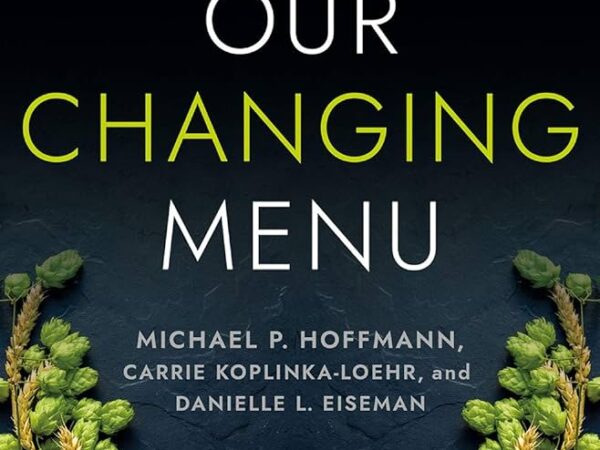
By Lester Graham, Michigan Radio
The Great Lakes News Collaborative includes Bridge Michigan; Circle of Blue; Great Lakes Now at Detroit Public Television; and Michigan Radio, Michigan’s NPR News Leader; who work together to bring audiences news and information about the impact of climate change, pollution, and aging infrastructure on the Great Lakes and drinking water. This independent journalism is supported by the Charles Stewart Mott Foundation. Find all the work HERE.
Michigan is getting some federal money to help preserve coastlines in this era of climate change.
The Great Lakes region is getting about $2.8 million for coastal conservation, restoration of wetlands, and making the coastline more resilient to the changes caused by climate disruption.
Given the length of Great Lakes coastlines, that’s not a lot of money.
Michigan’s share is about a third of that.
“Michigan will get $875,000 that it will be able to spend over the next five years to address those impacts of climate change and community resilience,” said Joelle Gore, chief of the Stewardship Division for NOAA’s Office for Coastal Management.
This round of grants is just the beginning. Competitive grants in greater amounts will be released as well.
The money can be used to assess a community’s vulnerabilities. It could also be used to buy land to be a coastal buffer instead of a development that could end up being a disaster site during the next round of high lake levels. Finally, the money can be used to preserve or restore wetlands.
“Restoring important ecosystems that help protect and serve as sponges when lake levels rise, when there are extreme weather that might bring flooding,” Gore explained.
With the fluctuating levels of the Great Lakes, the hard barriers such as concrete or steel walls are being discouraged in many cases. Experts say a nature-based solution will work better to adapt to a changing shoreline rather than trying to fight against the inevitable changes that a changing climate will cause.
Catch more news at Great Lakes Now:
Diesel spill on Lake Michigan triggers multi-agency response
Research vessels are on the Great Lakes, but there’s no crew on board
Featured image: A view of the Lake Michigan coastline near Muskegon, Michigan. (Photo Credit: Lester Graham/Michigan Radio)
1 Comment
-
It is crucial that coastal resilient areas include wetlands, floodplains, and the areas of expanding floodplains and wetlands based on effects of climate change. Floodplains will need the same protection as wetlands.




